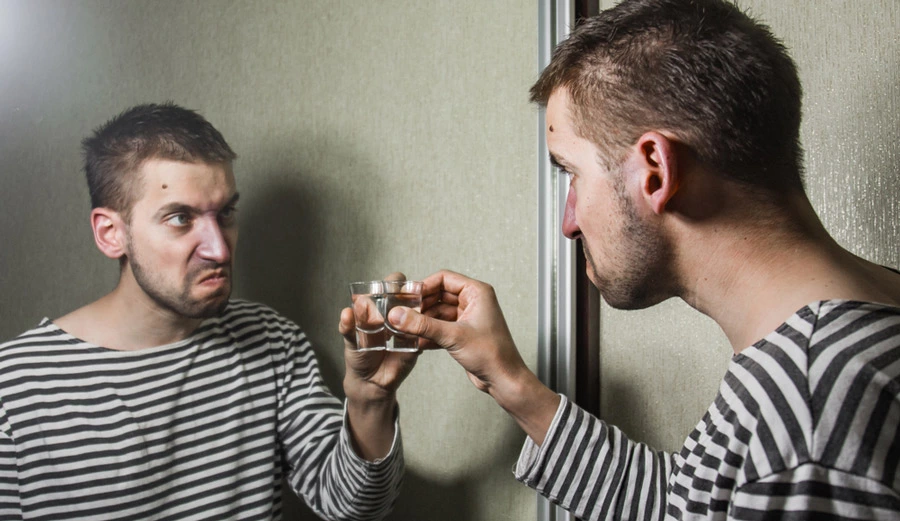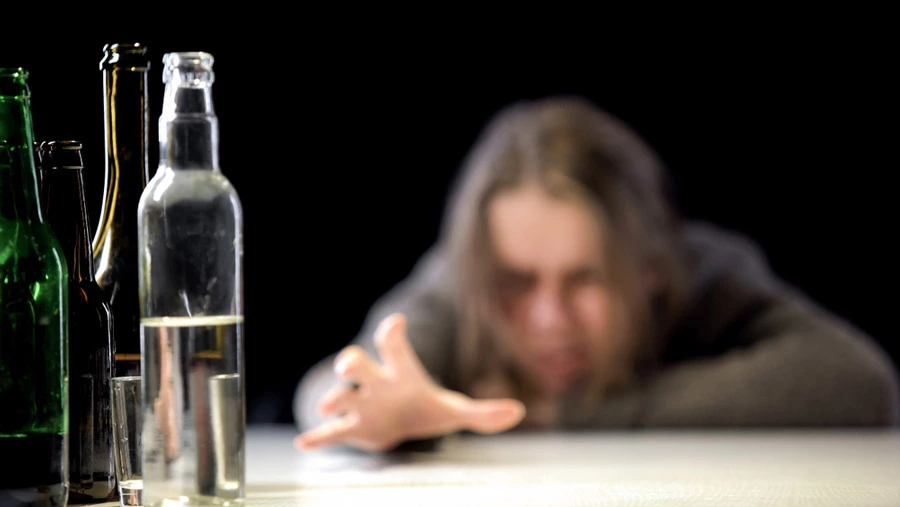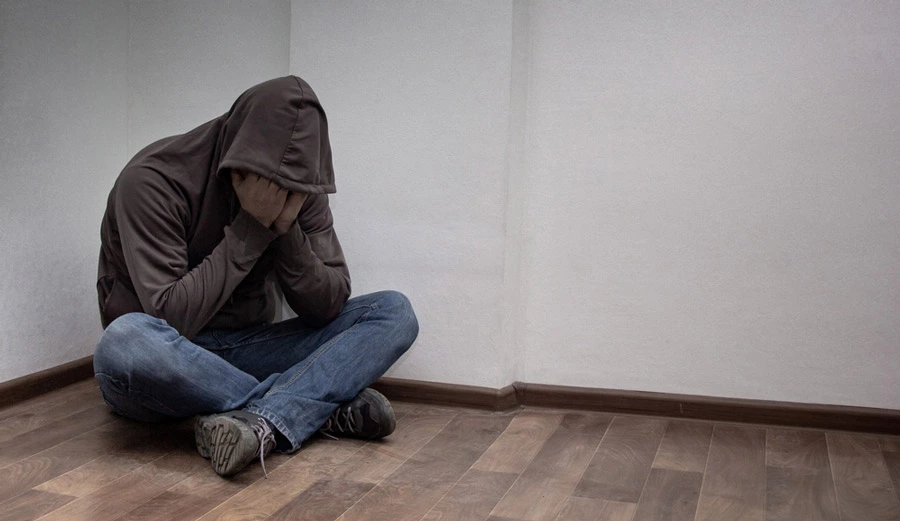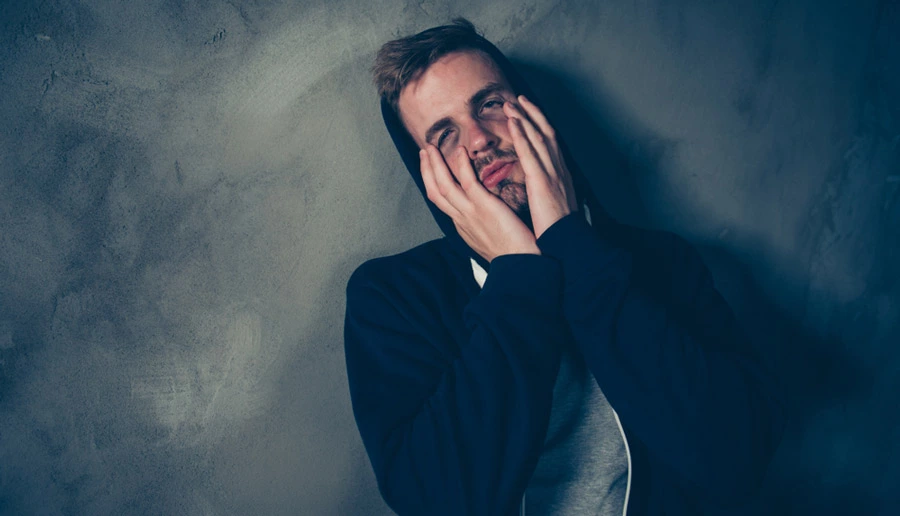Understanding the Challenges of Early Sobriety
The early days of your sobriety are some of the most challenging to get through. During your withdrawal, you will face alcohol cravings that tempt you to give in. Fortunately, these withdrawal symptoms may not last forever for you. How long do alcohol cravings last?
Catalina Behavioral Health offers help for every stage of your early sobriety. You can cope with the most severe symptoms in a medically-assisted detox, enroll in an inpatient or outpatient treatment program, and participate in long-term psychotherapy.
If you feel ready to tackle your alcohol cravings, Catalina has the support you need to succeed. So keep reading to learn more, and reach out for help today if you are struggling!
24 Hour Alcohol Detox and Rehab Helpline
Why Do Alcohol Cravings Occur?
Before diving into how long alcohol cravings last, it is important to survey why they happen in the first place. Cravings occur in many people who rely on alcohol for their day-to-day functioning. They are far more likely if you are a heavy drinker, but they can surface for just about anyone consuming alcohol.
There are a few common reasons why alcohol cravings bubble to the surface. Here are a few of the most common reasons you might experience cravings.
Increased Tolerance for Alcohol
First, you may experience cravings for alcohol as a result of the changes in your brain chemistry. Sustained alcohol use disorder or frequent drinking creates radical changes in your neurotransmitters in the brain. As a result, you likely find that you have an increased tolerance for your drinking.
When tolerance grows, so does the likelihood of experiencing intense cravings.
Internal Reward System for Drinking

Let’s say that you start drinking alcohol in order to unwind at the end of a long day at work. After extended time with this habit in place, your body and brain adapt to having a drink at the end of your day. The same is true if you use alcohol to cope with other unpleasant circumstances, even before drinking becomes alcohol abuse or alcoholism.
You learn to cope with daily life by taking a drink, and so your brain will crave it more and more as a reward for making it through difficult things on your to-do list. In other words, drinking becomes a habit that you continuously reinforce each time you pick up a drink.
When something triggers you to feel or think about something unpleasant, your body may respond with a strong craving for alcohol. These triggers can be simple or more complex, but your reliance on alcohol to cope with them can present a problem for many people.
What are the Symptoms of an Alcohol Craving?
After you take your last drink with an alcohol use disorder during alcohol detox, it is time to start managing cravings in a better way. Understanding what a craving feels like and how you can recognize it early is essential to managing acute withdrawal. While it will not stop alcohol cravings, this awareness allows you to recognize the craving for what it is and make a better choice.
Know what your triggers are for your alcohol abuse, whether that means a physical sensation or a specific emotion. These are often the cues that your brain requires to initiate a craving or hunger for alcohol. The brain wants to feel the positive effects of alcohol to help you cope with your feelings.
Get Immediate Help for Alcohol Abuse at Catalina!
The Different Ways of Feeling Cravings for Alcohol
Some people will experience alcohol cravings as physical symptoms such as sweating or nausea. However, more people experience cravings such as emotional distress, restlessness, or heightened anxiety. Your brain wants you to abuse alcohol to give it relief from some of these withdrawal-like symptoms.
While tapering alcohol consumption can work for some people with a drinking problem, for many others with an alcohol use disorder, this will not prove possible.
Your brain and body crave the euphoria and oblivion that usually come from alcohol addiction and will make it feel impossible to turn away from alcohol abuse. However, it is possible to quit drinking and get rid of alcohol cravings for good.
Acute Alcohol Withdrawal Symptoms in Early Recovery

You finally feel ready to tackle the ongoing challenge of your alcohol consumption. In order to quit alcohol once and for all, you will have to make it through the acute stages of alcohol withdrawal. These play a factor in how long alcohol cravings last and how you can cope with them.
Acute alcohol withdrawal occurs as soon as you stop drinking or when substances make their way out of your system. These are the withdrawal symptoms that most people are familiar with. They can include some physical reminders that you are committed to sobriety including muscle pain, fever, shakes, and sweating just to name a few.
This is also when the cravings for alcohol are bound to be at their strongest. They can take place mere hours after you take your last drink. During the first days and even weeks of attending alcohol rehab programs, your body desires to return to the status quo of using alcohol to numb your senses or feelings.
Timeline of When You Start to Experience Cravings
Unfortunately, you can start to experience both the physical and psychological symptoms of withdrawal soon after taking your last drink. About six hours after you enter into sobriety, you will notice the first signs of withdrawal. These can include relatively mild symptoms such as irritability, anxiety, nausea, and some early shakiness.
In the first 12 to 24 hours, your symptoms often ramp up and can be more intense. This is when you can start to notice depression, mild mood swings, insomnia, an inability to think clearly, and intense cravings for alcohol.
When Do the Most Serious Symptoms Happen?
More severe symptoms pop up in the first day to three days after you last drink alcohol. These can include nausea and vomiting as well as seizures, hallucinations, and more. At this stage, you will be very tempted to have a drink to eliminate some of these uncomfortable symptoms. Cravings will be at their strongest at this stage.
Most people find that the most intense alcohol cravings in acute withdrawal will subside in about two weeks. This is why you may want to consider a medically-assisted detox with Catalina Behavioral Health. We can make you more comfortable in withdrawal and help you to commit to sobriety during these tough early days.
Post Acute Withdrawal Syndrome and Cravings (PAWS)

Once you make it through the acute alcohol withdrawal period, you will enter into what is known as post-acute alcohol withdrawal. Sometimes, you might hear this referred to as PAWS when you enter an alcohol detox center. At this point in your alcohol recovery, you have likely moved past the physical withdrawal symptoms such as sweating and shaking with delirium tremens.
That being said, you likely still have mood swings and have yet to stop alcohol cravings altogether. Improving your food choices and overall diet can reduce the desire to drink when quitting alcohol.
Unfortunately, PAWS can last for quite a long time. Unlike the acute period, this one can linger on for a much longer timeframe lasting weeks or months. The brain has some heavy lifting to do in order to rewire habits that lead you to drink (or engage in drug abuse for that matter).
Some people will find that their cravings last for mere weeks when they make it to PAWS. On the other hand, some people quitting alcohol will experience continued cravings for months or even years. The process can be challenging to predict as each person’s brain chemistry and history of substance use is unique.
24 Hour Alcohol Addiction Rehab Hotline
Minimizing Alcohol Cravings with Therapeutic Interventions
If you want to forgo your use of alcohol for daily functioning, it might be time to consider therapeutic interventions. Catalina Behavioral Health offers a wide variety of services that can help you to combat cravings for substance abuse. We offer both cognitive behavioral therapy and dialectical behavior therapy to teach you new ways of coping.
Here are a few things that you may need to tackle to minimize your cravings, and ways of fighting cravings that can also help.
Identifying Triggers
Everyone has their own personal triggers that lead them to a bottle of alcohol. For some people, this may be an intense feeling that gets the better of them. It might be a certain situation or a time of day, such as when you come home from a stressful day at the office.
We will help you to identify the preceding factors that lead you to alcohol abuse.
Rebuilding Your Habits
Once you know what your triggers to drink are, you can see how the habits formed. We will work on giving you new skills to put in place whenever one of these situations occurs. It will take time to rewire your brain to put a new coping skill in place of alcohol use, but it is possible.
You will need to get creative with what will feel like a reward to you when you encounter situations that led you to drink in the past.
Surround Yourself with the Right People

Last but not least, you need sober support and assistance from people who are invested in your recovery just like you are. You may need to distance yourself from people with whom you used to drink alcohol or those who just cannot understand your commitment to sobriety. The right people will support you, lend you a listening ear when you need to talk and hold you accountable to choosing better coping tools.
Undergoing treatment at an alcohol recovery program is a great start because you will be surrounded by people who are committing to their recovery, just like you are. You can also find these supportive relationships in group therapy sessions or 12-step meetings like Alcoholics Anonymous, as well as other groups like SMART Recovery.
Get Proven Alcohol Treatment at Catalina!
Get Treatment to Overcome Alcohol and Cravings Today
Constant or even consistent cravings for an alcoholic beverage are serious and can take effect mere hours after you last imbibe. While many of the symptoms will subside after you leave acute withdrawal, many people have lingering cravings that last for weeks, months, or even years. All recovering alcoholics are different and it depends on your triggers, brain chemistry, and more.
The good news is that you can kick alcohol dependency to the curb once and for all with the right help from Catalina Behavioral Health. We offer medical supervision for your detox in an attempt to make you as comfortable as possible in these early days and curb cravings. After, we commit to supporting you in the first few months of your sobriety with both inpatient and outpatient treatment programs.
If you are serious about sobriety, reach out to us today to learn more about how we can help you with relapse-prevention techniques to keep you away from alcohol.
All calls are confidential, so please reach out to get support options today!





